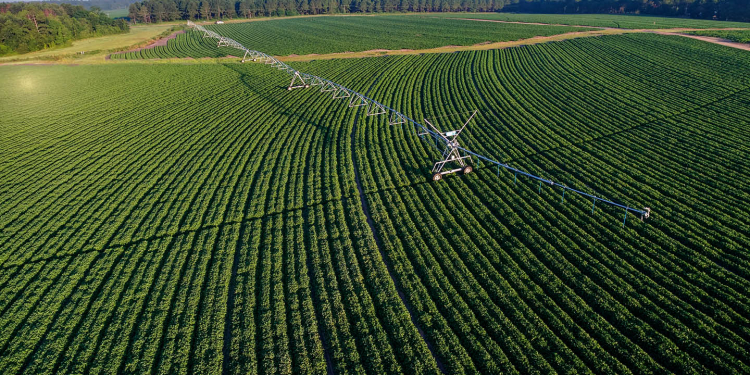The Top Sector Agri & Food has approved four new research proposals from BO Akkerbouw. It concerns research and knowledge dissemination about soil, fertilization, stem nematodes and crop residues.
BO Akkerbouw’s total investment amounts to 1.9 million euros. Thanks to contributions from other parties and a doubling by the Top Sector, the total value of the projects is more than 8 million euros. That is a good fourfold increase in the contribution of arable farmers.
Director André Hoogendijk: ‘After the success of 2019, when the top sectors approved no fewer than fourteen proposals, we deliberately took it easy this year. We mainly looked at the extension or expansion of existing successful projects. Half of the eight proposals we submitted have been approved. That is a decent score that we are satisfied with. ‘ Wageningen University & Research is the (main) executor for the studies, which will all start at the beginning of 2021.
The four studies
The first research for which money will be made is about the molecular characterization of host plant status of varieties of stem nematodes. There are more than twenty varieties of stem nematodes that differ from each other in terms of the host plant. However, there is no insight into the varieties that occur in the Netherlands. The project aims to unravel the host plant status of stem nematode varieties occurring in the Netherlands.
The following research is called ‘Better Soil Management, integral and into practice’. This project develops new knowledge and integrates the knowledge gained from previous soil studies. On the basis of this, the project, together with the partners, develops practical advice for farmers and visitors to the estate for integrated and sustainable soil management. The project follows the ongoing PPP Beter Soil Management.
The third project is called ‘Better stable, better manure, better harvest’. This project focuses on the value of fertilizer flows from new barn systems. It is important that new fertilizer flows meet the needs of customers, including arable farmers. The project contributes to the optimization of barn systems, intermediate processing and application in the field.
Finally, a contribution is made to the project ‘Role of crop residues for leaf pathogens of sugar beet in a construction plan context’. This project focuses on the role of crop residues from various crops, green manures and weeds on the survival of sugar beet pathogens in the crop plan. It concerns the plots in the years when there are no beets. The research is an addition to the ongoing PPP Crop Residue Management against diseases of BO Arable farming.





